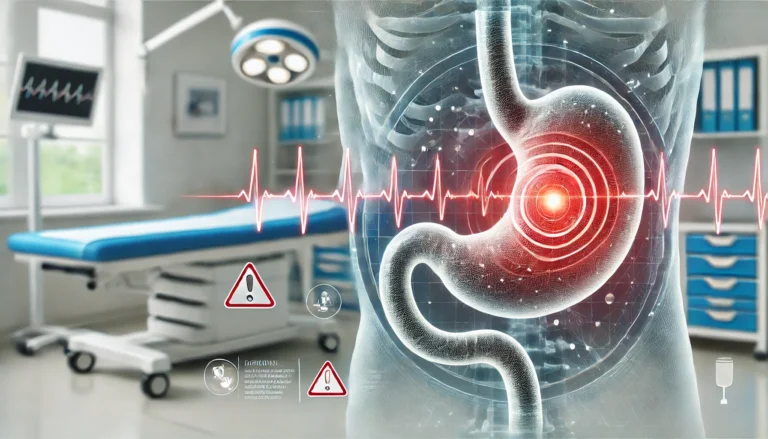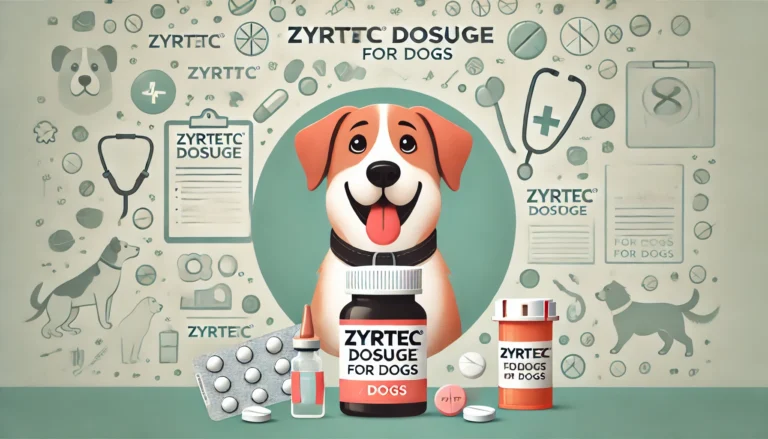Dog UTI Treatment (Vet-Approved) – Symptoms, Causes & Home Remedies
Dog UTI Treatment: Urinary tract infection, also known as UTI, is a common health issue in dogs where bacteria or an infection develops in their urinary system. If left untreated, it can even spread to the kidneys. In this article, we’ll explore the symptoms, causes, and some home remedies for UTIs.

Dog UTI Treatment at Home
Some home remedies can help manage a UTI and make your dog more comfortable:
- Plenty of Water: Give the dog plenty of water to flush the urinary system.
- Apple Cider Vinegar: 1 tsp diluted in water (only if the vet allows) – helps kill bacteria.
- Cranberry Supplements: Cranberry extract or supplements prevent bacteria from sticking to the bladder walls.
- Probiotics: Improves gut health and strengthens the immune system.
- Frequent Bathroom Breaks: Take the dog outside frequently to urinate.
Causes of UTI in Dogs
- Bacterial infection (most common)
- Poor hygiene
- Weak immune system
- Kidney or bladder stones
- Diabetes
- Tumors or injury in urinary tract
- Holding urine for too long
Dog UTI Treatment at Home
- Plenty of Water: Give the dog plenty of water to flush the urinary system.
- Apple Cider Vinegar: 1 tsp diluted in water (only if the vet allows) – helps kill bacteria.
- Cranberry Supplements: Cranberry extract or supplements prevent bacteria from sticking to the bladder walls.
- Probiotics: Improves gut health and strengthens the immune system.
- Frequent Bathroom Breaks: Take the dog outside frequently to urinate.
Best antibiotic for UTI in dogs & Dog UTI Treatment Antibiotics
If the diagnosis of urinary tract infection (UTI) is confirmed in a dog, the treatment method depends on the type of infection – simple or complicated.
1. Antibiotic Treatment for Simple UTIs
If the infection is first-time and there are no serious symptoms, the vet usually prescribes broad-spectrum antibiotics. Their aim is to directly target the bacteria and bring the infection under control as quickly as possible.
Commonly prescribed antibiotics:
- Amoxicillin
- Clavamox® (Amoxicillin + Clavulanic Acid)
- Trimethoprim/Sulfamethoxazole (TMS)
2. Treatment for Complicated or Recurrent UTIs
If UTIs are recurring or are associated with another medical condition (such as diabetes or kidney problems), treatment is more extensive.
- Longer antibiotic course – up to a few weeks.
- Diagnosis of underlying cause – such as bladder stones, structural defects, or hormonal imbalance.
- Advanced tests – X-rays, ultrasound, urine culture.
3. Special Treatments for Bladder Stones or Crystals
Some UTIs are caused by bladder stones or urinary crystals. In such cases, treatment options may include:
- Dissolution diet: Special dog foods like
- Royal Canin® Urinary SO
- Hill’s® Prescription Diet s/d
These diets help gradually dissolve certain types of bladder stones.
Surgery: If stones are very large or do not dissolve with diet, they may need to be surgically removed.
4. Structural Issues or Tumors
If the UTI is caused by a structural problem (such as an ectopic ureter) or a tumour or polyp, to:
- Surgery may be required.
- In some cases, chemotherapy may also be considered if cancer is present.
5. Managing Underlying Conditions
If a UTI is accompanied by another medical problem such as:
- Diabetes mellitus
- Cushing’s disease
Proper treatment of a UTI can only occur if those underlying diseases are brought under control.
6. Pain Relief & Supportive Medications
UTIs can cause significant discomfort in dogs, so vets also prescribe pain management medications:
- Gabapentin – for nerve pain
- Tramadol – moderate pain relief
- NSAIDs (like Rimadyl®) – to reduce swelling and pain
Also Read: Why is your Dog Breathing Heavy? Causes & Solutions
Dog UTI Treatment:
| Condition | Treatment |
|---|---|
| Simple UTI | Antibiotics (7–14 days) |
| Bladder stones | Special diet / Surgery |
| Pain or swelling | Painkillers (NSAIDs, Gabapentin) |
| Recurrent UTI | Advanced testing + Long-term antibiotics |
Dog UTI Symptoms:
1. Frequent Urination:
The dog tries to urinate repeatedly, even if the amount of urine produced is very small.
2. Pain or Screaming While Urinating:
If the dog cries, screams, or seems restless while urinating, this could be a sign of a UTI.
3. Blood in the Urine:
The urine may turn pink or red, indicating inflammation or injury to the bladder or urinary tract.
4. Strong Urine Odor:
The urine smell usually becomes very strong or strange during a UTI.
5. Accidents:
Even a previously trained dog begins urinating indoors frequently, which could be a sign of loss of control.
6. Fatigue or Lethargy:
Due to UTI, the dog is inactive and often appears lethargic and depressed.
7. Loss of Appetite:
Due to pain or infection, the dog may reduce or not eat at all.
References
- Weese, J. S., Blondeau, J. M., Boothe, D., Breitschwerdt, E., Guardabassi, L., Hillier, A., … & Sykes, J. (2011). Antimicrobial use guidelines for treatment of urinary tract disease in dogs and cats. International Society for Companion Animal Infectious Diseases (ISCAID). Retrieved from https://www.ncbi.nlm.nih.gov/pmc/articles/PMC3134992/
- Hall, J. A., Yerramilli, M., Obare, E., Yerramilli, M., Melendez, L. D., & Jewell, D. E. (2015). Effect of antibiotic treatment in canine and feline urinary tract infections: a systematic review. Retrieved from https://pubmed.ncbi.nlm.nih.gov/25634080/
- Cornell University College of Veterinary Medicine. (n.d.). Urinary tract infections in dogs. Retrieved October 17, 2025, from https://www.vet.cornell.edu/departments-centers-and-institutes/riney-canine-health-center/canine-health-information/urinary-tract-infections
- Marques, C., Telo, A., Vieira-Pinto, M., & Oliveira, M. (2022). Prevalence and antimicrobial resistance of bacterial uropathogens isolated from dogs and cats. Retrieved from https://pubmed.ncbi.nlm.nih.gov/36551391/
- PetMD Editorial. (n.d.). What to feed a dog with bladder stones. PetMD. Retrieved October 17, 2025, from https://www.petmd.com/dog/nutrition/what-to-feed-dog-with-bladder-stones
Education & Trainings
B.S from Wilson College in Chambersburg, PA
MPH from University of California, Berkeley's School of Public Health, Department of Infectious Diseases and Vaccinology
DVM from Colorado State University College of Veterinary Medicine and Biomedical Science








